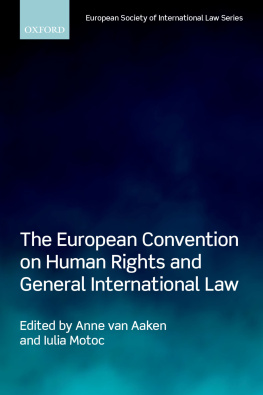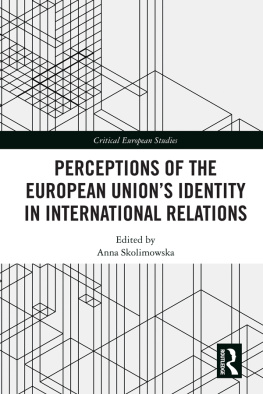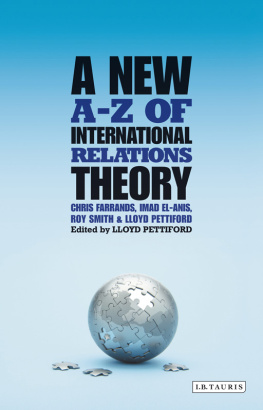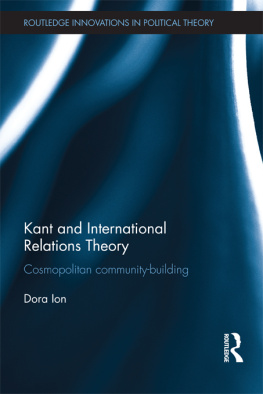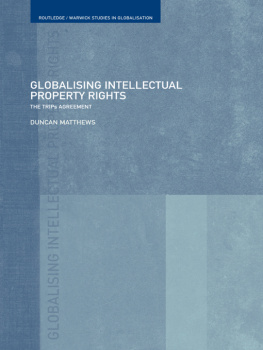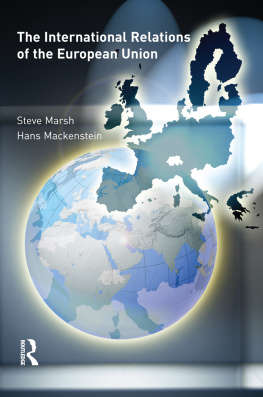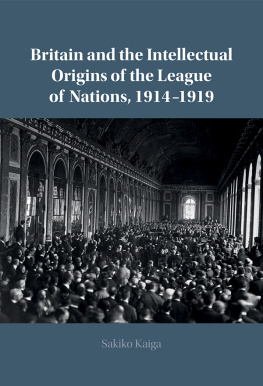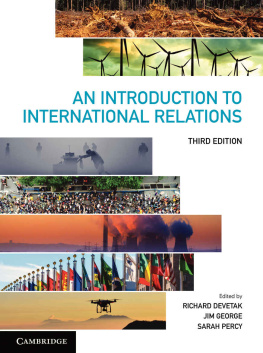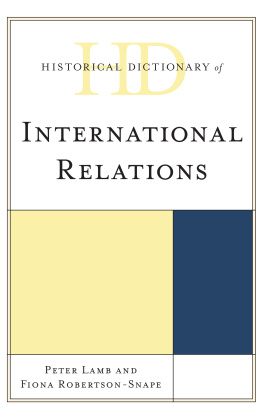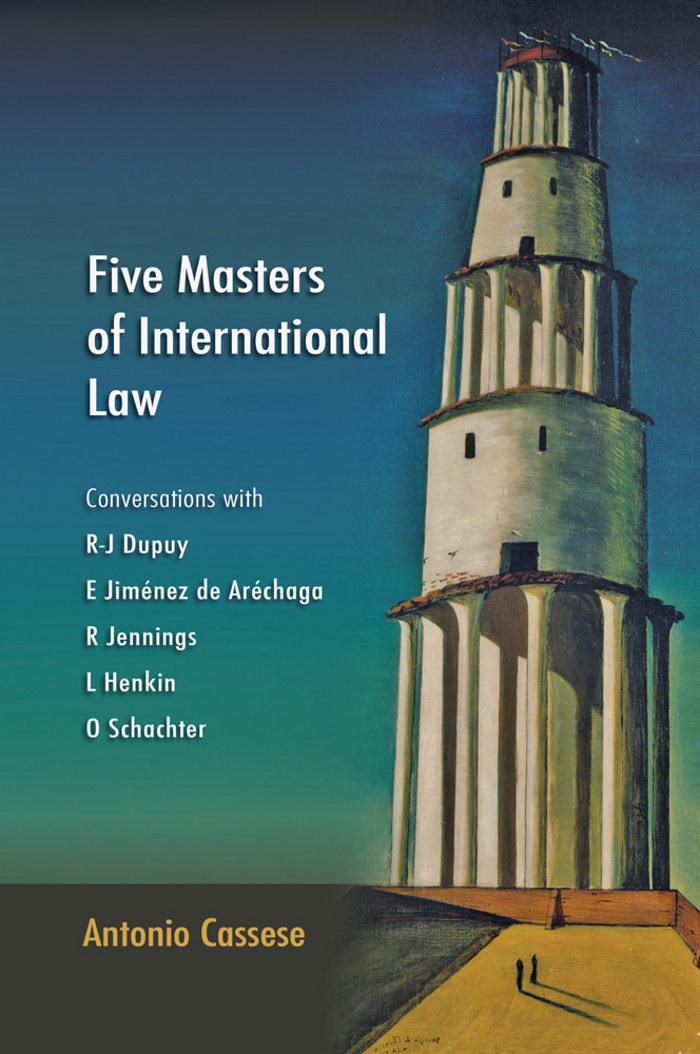FIVE MASTERS OF INTERNATIONAL LAW
This book consists of interviews with five distinguished international lawyers from the UK, USA, Uruguay and France, conducted by the editor, Antonio Cassese, between 1993 and 1995. Each interview is preceded by a brief intellectual portrait of the interviewee. In the Preface, Cassese stresses that the interviews, all based on the same questionnaire, were intended to bring out not only the main ideas associated with each scholar in the fields of international law and international relations, but also his intellectual and philosophical background, his general outlook and his views of the prospects for the evolution of the international community. In his final essay, Cassese brings together the main threads of the interviews, and points to the parallels and divergences appearing from them.
This book offers a unique and important insight into the legal minds and outlook of a select group of prominent scholars of international law and legal institutions during the last years of the 20th century.
Five Masters of
International Law
Conversations with R-J Dupuy,
E Jimnez de Archaga, R Jennings,
L Henkin and O Schachter
Antonio Cassese

OXFORD AND PORTLAND, OREGON 2011
Published in the United Kingdom by Hart Publishing Ltd
16C Worcester Place, Oxford, OX1 2JW
Telephone: +44 (0)1865 517530
Fax: +44 (0)1865 510710
E-mail:
Website: http://www.hartpub.co.uk
Published in North America (US and Canada) by Hart Publishing
c/o International Specialized Book Services 920 NE 58th Avenue, Suite 300 Portland, OR 97213-3786
USA
Tel: +1 503 287 3093 or toll-free: (1) 800 944 6190 Fax: +1 503 280 8832
E-mail:
Website: http://www.isbs.com
Antonio Cassese 2011
Antonio Cassese has asserted his right under the Copyright, Designs and Patents Act 1988, to be identified as the authors of this work.
All rights reserved. No part of this publication may be reproduced, stored in a retrieval system, or transmitted, in any form or by any means, without the prior permission of Hart Publishing, or as expressly permitted by law or under the terms agreed with the appropriate reprographic rights organisation. Enquiries concerning reproduction which may not be covered by the above should be addressed to Hart Publishing Ltd at the address above.
British Library Cataloguing in Publication Data
Data Available
ISBN: 978-1-84946-120-7
Typeset by Hope Services, Abingdon
Printed and bound in Great Britain by
TJ International Ltd, Padstow, Cornwall
Preface
The unexpectedly favourable reception of my interview with BAV Rling,1 set me thinking that I could repeat the experiment by preparing a series of questions which would serve as a blueprint for interviewing other distinguished international lawyers. True, for certain readers, an interview may prove less interesting than a fully-fledged academic paper. However, interviews have the advantage of allowing a lively and fresh exchange of views. They also vividly reproduce a persons train of thought. The ponderings of the interviewee run in a sort of fluid discourse, not having been crystallised yet in the immutable propositions of a paper. Hence, interviews also make easy reading. This was recently confirmed by a distinguished member of the International Court of Justice, who told me that he had enjoyed reading the interview with Rling while comfortably lying in a deck chair on the beach, without the constraints of sitting at his desk to take notes, pencil at the ready.
I therefore resolved to embark on this new enterprise. I was curious to ask a selected number of scholars not only to expound their thoughts on the current role of international law in the world community and venture some forecasts, but also to have them share the story of their initial steps as scholars, to understand whether they shared a common intellectual matrix and to see whether there had been a particular school of thought influencing them. I also planned to consider the interviewees not only as prominent professionals who had excelled in their careers, but also as human beings of flesh and blood. This, I acknowledge, finds its underpinning in my belief that it is not true what Hegel (followed by the Italian philosopher Benedetto Croce) held, namely that in the end what matters is not the private life of human beings but their works, that only their works remain and only by their works can one gauge the value of their authors. For Hegel, once men have fulfilled their tasks, they are similar to empty hulls that fall away from their kernel.2Instead, with respect, I think that their personal life is no less important, and once they have passed away much of that life remains in the minds as well as in the hearts of those who knew them. In a way they belong to the Lares and Penates of those who survive, together with the memory of our own personal ancestors.3
Thus, I decided to include personal questions about the interviewees lives too. I wanted to understand to what extent their professional activities had sheltered them from disquiet in the face of so many tragedies afflicting the world. ThisI must acknowledgewas not an easy task for me: somehow I felt like like Asmode, the lame devil described by the French writer Lesage, who, once he was liberated from the corked phial in which a magician had kept him for long, in exchange for his delivery took his liberator, the student Clofas Landro, to a tower, heaved up the roofs of all the houses in down-town Madrid and, notwithstanding the darkness of the night, exposed their insides to his view.4 Of course I lacked Asmodes diabolical powers, I was not so inquisitive, and in addition the intervieweesperhaps unwittingly tended to shelter behind a heavy protective armour.
Another issue which intrigued me was the extent to which these scholars had acted under the influence of positivism. Indubitably, legal positivism has represented great progress in the evolution of legal thinking, on two grounds. First, it has enabled scholars and practitioners to separate law from morality, the law as it is from the law as it ought to be.5 This is epitomised in the famous dichotomy between lex lata and lex ferenda. By the same token, the proponents of positivism also have rightly insisted on the need to distinguish between statements of fact and statements based on values, and to exclude the latter from legal inquiries. Secondly, positivism has emphasised the need to distinguish between the legal analysis of rules and institutions, and sociological or historical investigations of the law. Legal analysis must use legal methods of interpretation, legal concepts and constructs, and refrain from relying on parameters proper to other disciplines. It usually suffices to open a legal treatise from the 19th century to realise that the uncritical mixture of historical, legal and sociological inquiry resulted in a fuzzy reconstruction of legal institutions and rules with a total lack of rigour. In a retort concerning this lack of compartmentalisation of the social sciences, Dionisio Anzilotti indisputably one of the most eminent international lawyers of the 20th century and a very influential positivistquoted an astute maxim by Kant at the beginning of his masterpiece, Corso di diritto internazionale6 (Textbook of International Law), which reads one does not multiply science but rather ends up marring it if one merges the borders between the various scientific disciplines.7


